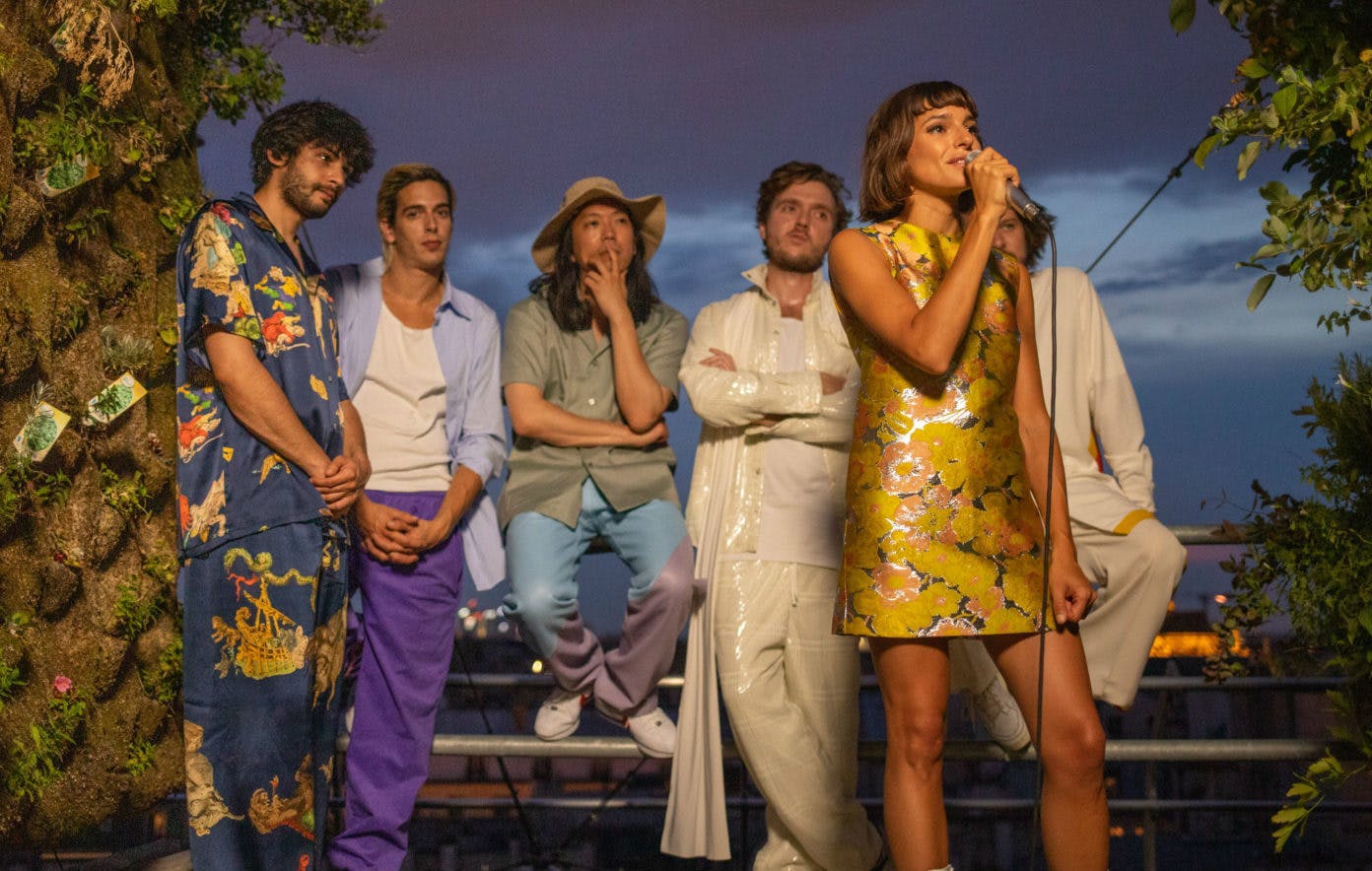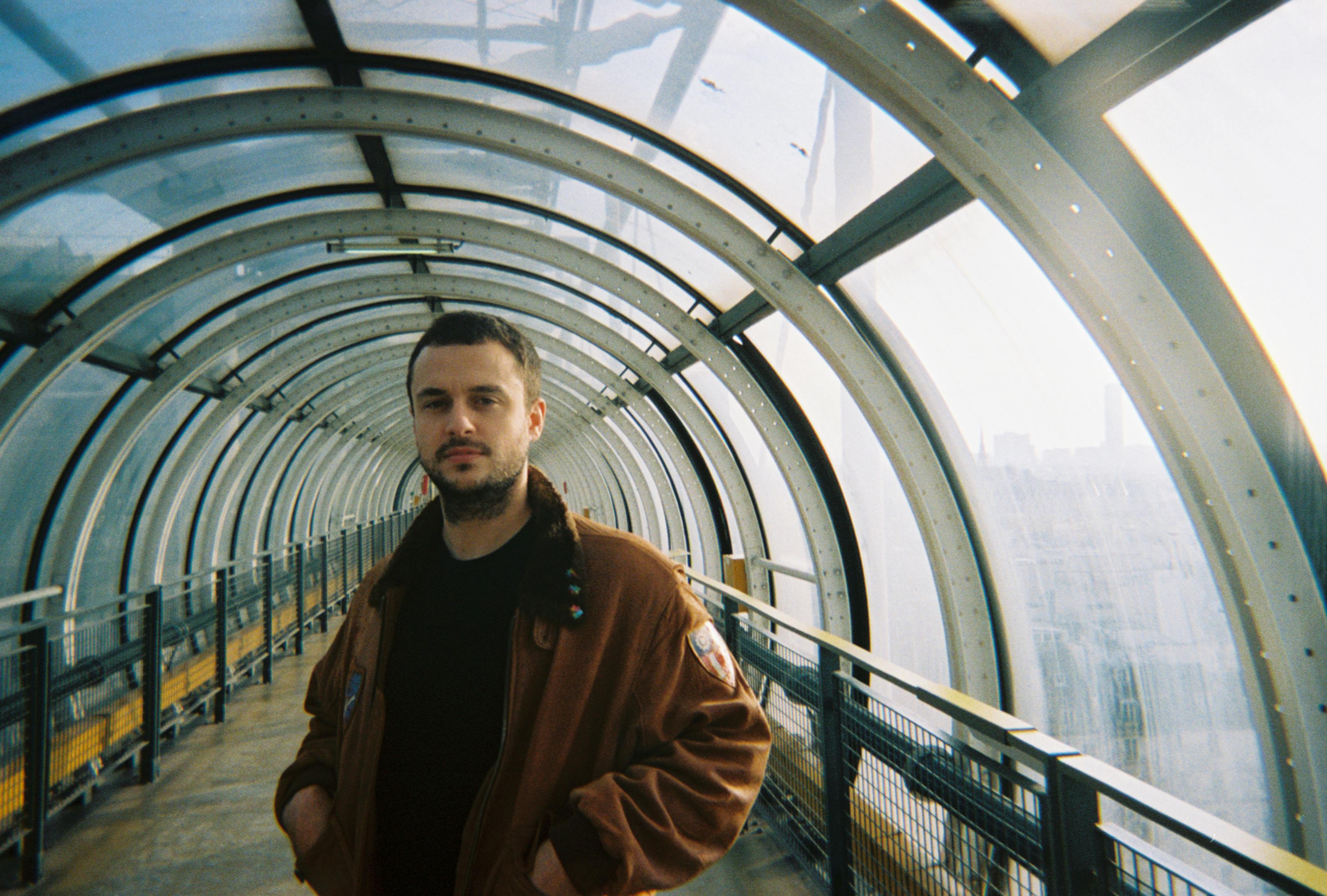Antoine Bisou has never been someone else’s employee. In his time in the French music industry, he’s always been fiercely independent: as a manager, gig promoter and label owner. Bisou is now best known as the boss of microqlima records, one of the most exciting indie labels in France. But his career had much more humble beginnings back in 2010, putting on gigs. Bisou explains: “It absolutely wasn’t professional. We were only 20 years old and putting on parties in factories in the suburbs of Paris, and open air events with another collective. Since then, I’ve always been attached to producing parties and events of all kinds, even if my main activity is record production and streaming for the label.”
microqlima was born from a desire to create unique experiences. “The name microqlima comes from thinking about the ‘ideal’ event”, says Bisou. “It was 10 years ago, long before I decided microqlima would be a record label. It was 2010 and I was interning in Berlin. I was 19 or 20 years old and I was partying and going to clubs all the time, and I had this idea of ‘microqlima’ [in English: microclimate] being the best term for describing what I want for any event, whether it’s a club night or a show or whatever. To create a very specific word is to create a universe for the party, one that can shake you out of your daily routine and your problems.”

